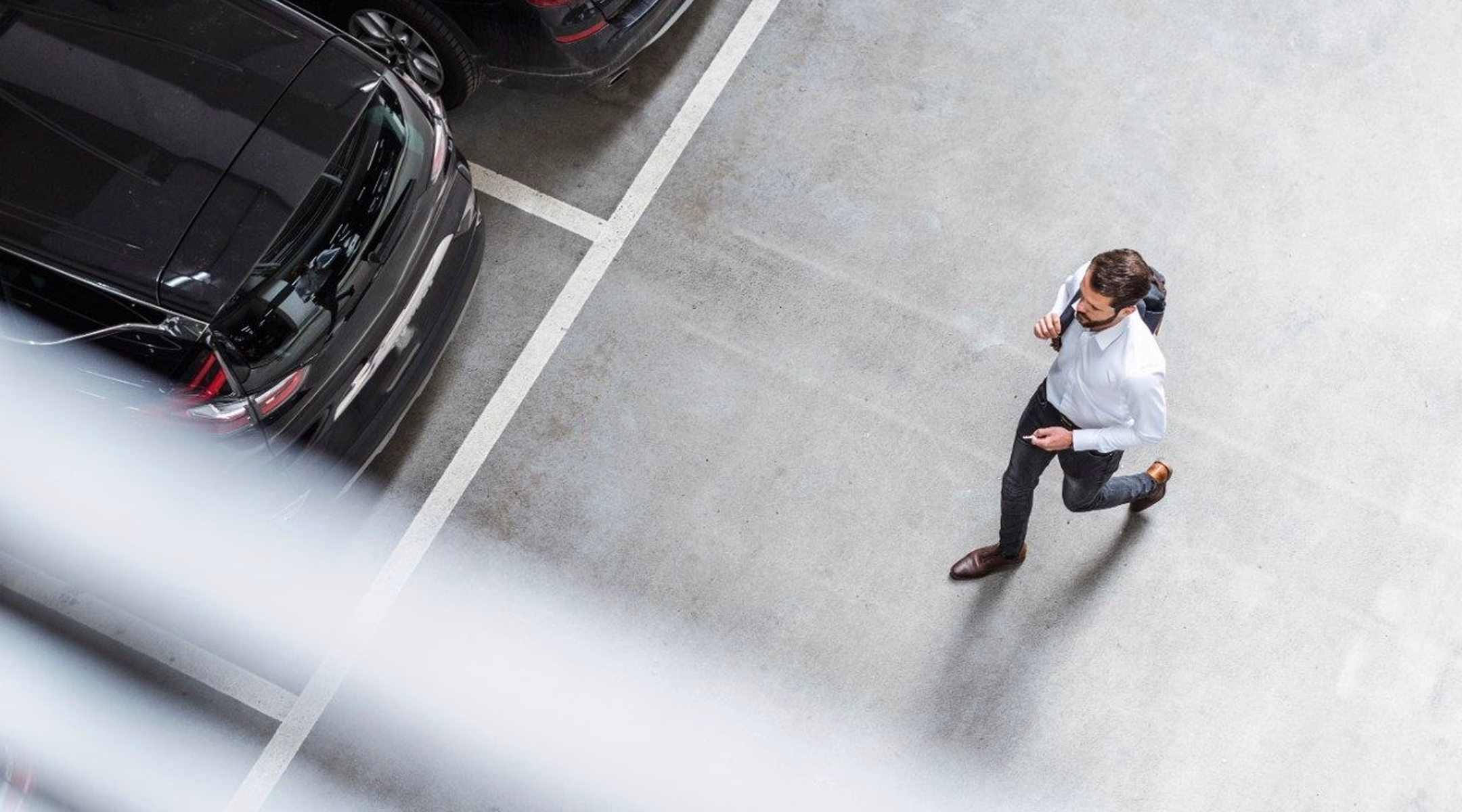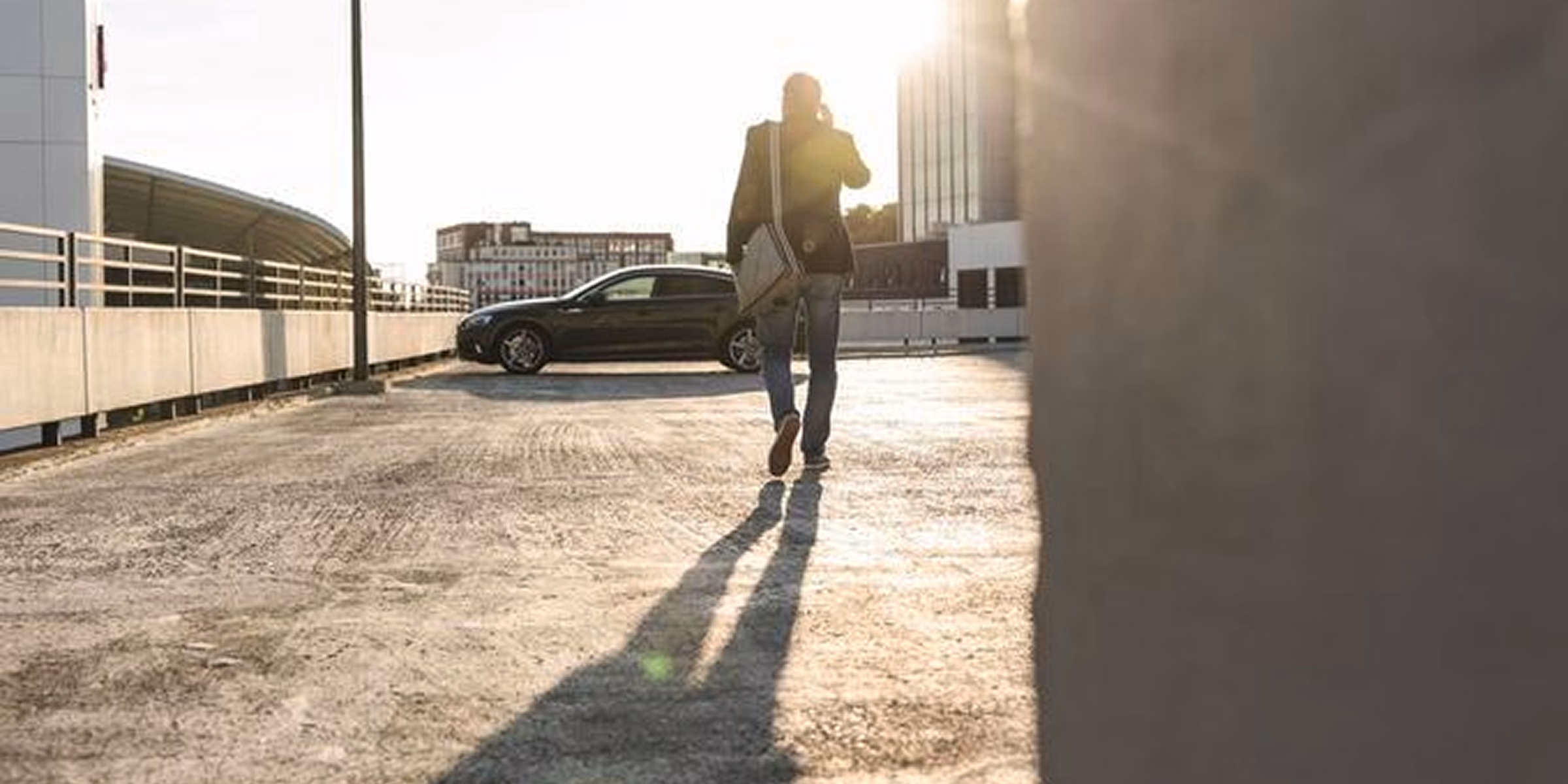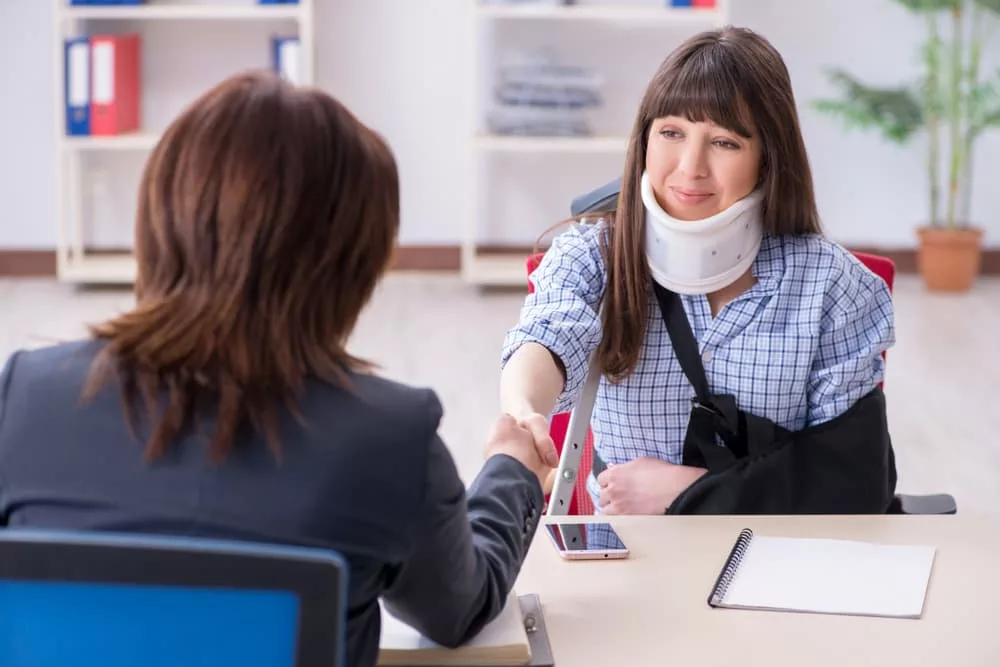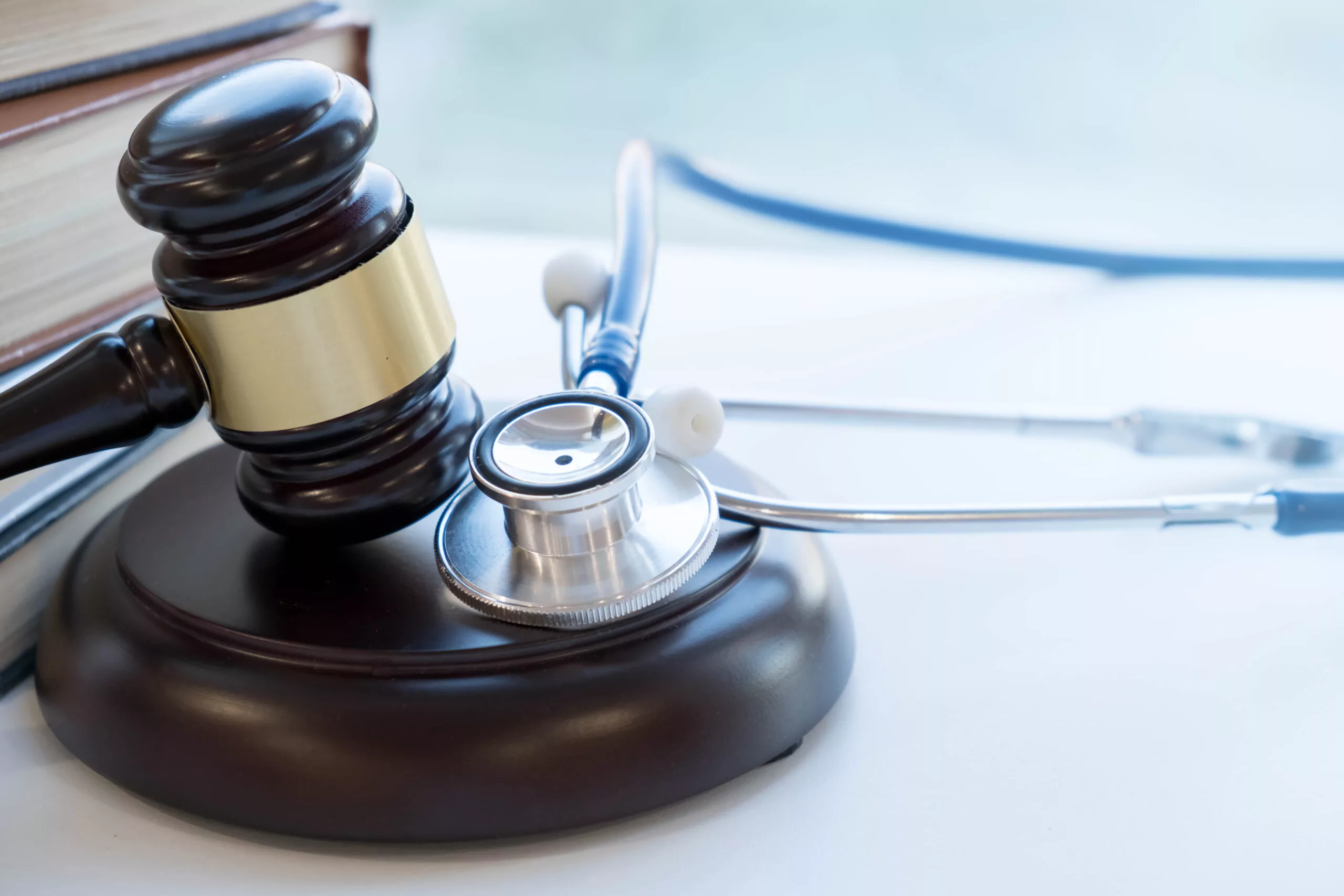Slip and fall in a parking lot: who is liable?

If you fall in a parking lot, do not hesitate to discuss your case with a qualified slip and fall accident attorney. A lawyer can review the details of your case and provide proper guidance and direction to assist in your pursuit of favorable compensation.
Injuries often resulting from outdoor slip and falls
Slip and fall accidents can result in significant injury, especially when they occur outside.
Some of the injuries parking lot slip and fall accident victims are at risk of suffering include:
- Deep lacerations
- Scrapes
- Bruises
- Head injuries
- Traumatic brain injuries
- Back and spinal cord injuries
- Joint injuries
- Soft tissue injuries
- Internal injuries
Some injuries from parking lot slip and fall accidents require immediate medical treatment to avoid further complications. Compilations from injuries can include, but are not limited to, cognitive issues, nerve damage, and paralysis.
Seek medical care after a slip and fall, even if you don’t immediately believe you suffered an injury. Some accident injuries can take some days to manifest, and the days without treatment can cause the issue to develop or worsen.
Who’s responsible for a slip and fall in a parking lot?
Parking lots are usually private property. For this reason, you must determine who owns the lot where your accident happened. The parking lot owner is usually responsible for what happens on their property.
Along with or aside from the parking lot’s owner, other parties may be totally or partially responsible for your slip and fall, including:
- Occupiers: Sometimes, the property owner isn’t the one actually using the property. When tenants occupy the property, they may be liable for accidents in their parking lots.
- Landlords: Landlords have certain responsibilities to keep property safe for tenants and visitors. When they fail to uphold these duties, they should be responsible for accidents on the property.
- Governmental entities: Some parking lots are city or government-owned, which means a governmental entity will be liable for your accident. Pursuing compensation from governments can be tricky and requires a skilled accident attorney.
Determining liability for your parking lot slip and fall is critical. Without investigating who is responsible for your accident, you will not have the opportunity to seek and obtain a successful monetary settlement for your related losses.

Understanding premises liability law
Premises liability is the broad area of law that covers cases involving accidents and injuries on another’s property. This area of law falls under the umbrella of personal injury, also called tort law, which protects victims who have suffered injuries due to another party’s wrongdoings.
Premises liability laws, requirements, and procedures vary by state.
In many cases, to have a successful claim, you must show:
- There was a dangerous condition on the property
- The property owner or occupier was negligent
- Because of the negligence, you suffered harm
A slip and fall attorney has the familiarity, skills, and resources to take your case and seek the best possible outcome.
After a slip and fall, you don’t have to take on the burden of your compensation claim. Rely on a slip and fall lawyer to protect your rights and fight for the financial recovery you need and deserve.
Dangerous Conditions
Showing there was a dangerous condition on the property that led to your fall is usually where you’ll start with your premises liability claim. Dangerous conditions depend on the specifics of your incident but can include any of the reasons mentioned above for slips and falls in parking lots.
Determining what caused the incident is the first step in your claim for compensation. Once you know why your fall happened, your attorney can decipher whether you have a valid claim and if so, move on to establishing the responsible party’s negligence.
A slip and fall attorney can help with your parking lot slip and fall case
Following your slip and fall, consult with a slip and fall attorney as soon as possible. You may experience confusion and stress and feel unsure of what to do or where to turn. A lawyer can provide clear direction and guidance as they aggressively pursue a favorable case result on your behalf.
Time is limited to take action, as states only provide a short time to file legal claims for personal injury cases. This is one of the reasons why it’s critical to seek legal guidance as quickly as possible to begin working on your case right away.
After a slip and fall, you don’t have to take on the burden of your compensation claim. Rely on a slip and fall lawyer to protect your rights and fight for the financial recovery you need and deserve.
When you call a personal injury lawyer in Miami, you can set up a free case evaluation. The attorney will evaluate what happened and advise whether you have the right to seek compensation. They will also answer your questions and provide immediate peace of mind.
Related articles
Related articles Related articles Related articles Related articles Related articles Related articles Related articles Related articles Related articles Related articles
Personal Injury
02 Feb 2024
How Long After An Accident Can You Claim Injury?




